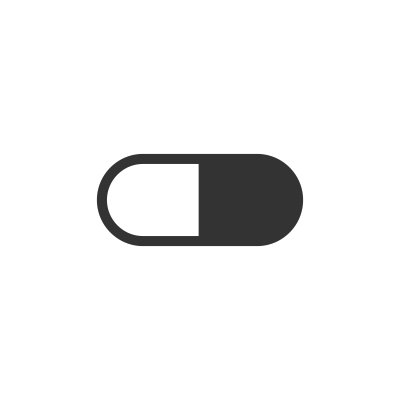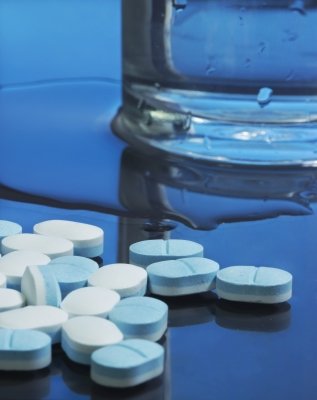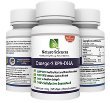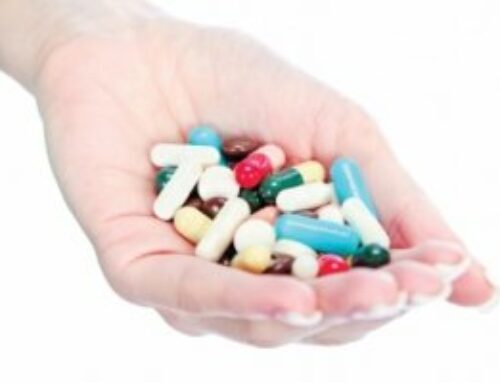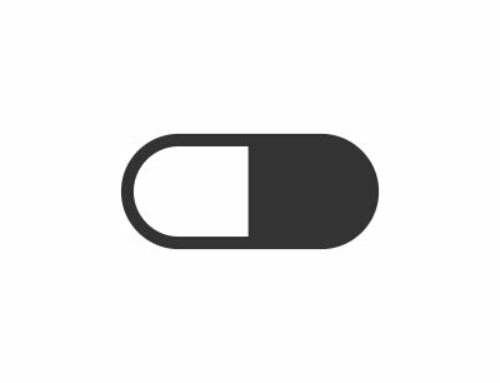The moment a woman has one or two unsuccessful series of IVF behind her, she becomes ready to do anything, really anything to make the next IVF cycle work.
Many of the women I talk to have a long history of fertility treatments, so the question that often comes up is whether taking a low dose of aspirin (so called baby-aspirin) from embryotransfer onwards – until the positive pregnancy test and sometimes into the first trimester, would help.
Many doctors will recommend taking low-dose aspirin, too.
What do I think about this?
The role of aspirin and heparin in embryo implantation?
If I consider the main outcome that aspirin has on the womb – increasing blood circulation – my first impression is that this can help rather than doing any harm. So why not take it?
Recently, I came across a new study released about the effects of low-aspirin doses on IVF pregnancy rates. Here is what it said:
This team here asked the question whether aspirin alone or in combination with a blood thinner heparin (I’ll tell you more about heparin in just a minute!) following implantation improves chances of getting pregnant following the IVF.
The study recruited 234 women of 40 and above (the oldest one aged 44 years) who had previously had one or more unsuccessful IVFs. Women received aspirin (with or without heparin) post embryo transfer until the day of pregnancy test or until 12 weeks of pregnancy. The control group did not receive any treatment.
Then the scientists looked for outcomes such as number ofclinical pregnancies, miscarriages, and live births. It might surprise you as it surprised me, that there was no statistically significant difference in the live birth rate (35.0% versus 47.6%,), clinical pregnancy rate (40.8% versus 53.4%) and miscarriage rate (14.3% versus 10.9%) between the study group and the control group. As a matter of fact – the way I interpret the data, control group which did not receive any treatment had slightly better outcomes (but this was not statistically significant).
Without saying that you should not take the aspirin if your doctor recommends you to (or if you strongly feel that you should take it), I would like to point out that the data in this study clearly showed that low-dose aspirin (with or without heparin) does not improve chances of a healthy pregnancy in subfertile women with previous unexplained IVF implantation failures.
One more study (Low-dose aspirin for in vitro fertilization or intracytoplasmic sperm injection: a systematic review and a meta-analysis of the literature.) took a close look at the effects of aspirin on positive pregnancy tests following the IVF and ICSI and concluded the following:
“…The results of this study do not show a substantial efficacy of aspirin inwomen undergoing IVF/ICSI and do not support the use of low-dose aspirin to improve the success of IVF/ICSI in terms of pregnancy outcomes. Further high-quality studies evaluating the possible efficacy of aspirin in selected groups of patients are warranted….”
Which is basically the same conclusion as in the paper published in Human Reproduction three years before:
“…This randomized controlled trial could not show a significant difference in clinical pregnancy rate between the aspirin and the placebo group in a first or second IVF/ICSI cycle. Given the lack of evidence for a beneficial effect of low-dose aspirin, it appears that low-dose aspirin should not be prescribed routinely in IVF/ICSI treatment….”
Now a few remarks about heparin:
Women with a history of implantation failures are often prescribed heparin following the IVF treatment. You might be wondering why taking a blood thinner would help with implantation (the idea sounds seducing I must say – I can clearly imagine how implantation becomes more likely with improved blood flow).
But what’s the evidence behind heparin? I must say, it’s thin and does not support it helping with implantation in any way.
One large study which compared the results of various other heparin studies (published in Human Reproduction Update here) concluded the following:
“…In conclusion, three studies do not support the use of heparin; two non-randomized studies indicate a benefit from heparin treatment, but they have a significant bias in the patient selection. Furthermore, none of these two last mentioned studies involved women with repeated IVF failure. The only randomized study on women with repeated IVF failure and acquired thrombophilia do not provide sufficient information to draw any conclusion. In all cases, the number of women recruited was too small for adequate statistical analysis. On the basis of existing literature, therefore, it should be concluded that there is no evidence that in women with repeated IVF failure and acquired thrombophilia, heparin can improve pregnancy rates.”
So what should you do? The two-week wait to pregnancy test is long; is there really nothing a woman can take to increase the chances of an embryo to implant?
Should you take baby-aspirin or heparin after the embryotransfer?
When you ask me this question again, I will say as before, it’s up to you. But I may send you the link to this article to read before you decide.
Supplements which are scientifically proven to increase egg quality:
To know when you ovulate:
Prenatal vitamins:

